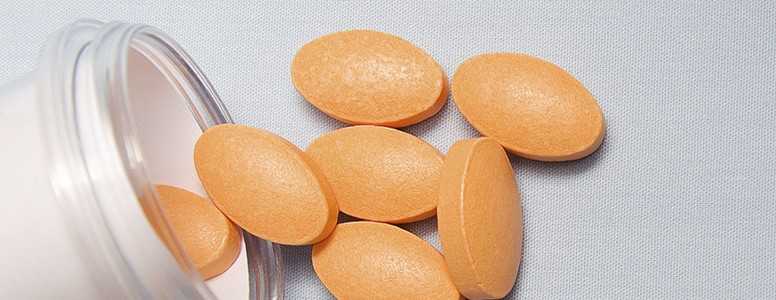UK researchers find that the combination of two compounds found in red grapes and oranges could improve insulin action, and reduce cases of heart disease and obesity.
These two compounds are trans-resveratol (tRES), which is found in red grapes, and hesperetin (HESP), which is found in oranges.
Together they increase production of a protein in the body called glyoxalase 1 (Glo1), which neutralises a sugar-derived compound called methylglyoxal (MG). MG is known to contribute to the damage effects of sugar, so blocking it can improve the health of overweight and obese people and could help patients with diabetes and a high risk of cardiovascular disease.
University of Warwick scientists found that when the compounds were given jointly at pharmaceutical doses, they had several beneficial effects.
Thirty-two overweight and obese people who had a BMI between 25 and 40 were recruited for this trial. Patients varied in age between 18 and 80.
Participants were given the compound combination in supplement form once a day for eight weeks. They were also asked to maintain their usual diet and monitor their food intake using a dietary questionnaire, and stick to their normal levels of exercise. The researchers then measured their blood sugar levels and artery health.
Overweight participants with BMIs of over 27.5 had decreased glucose levels, improved artery function, improved insulin action and decreased blood vessel inflammation.
These participants also experienced increased Glo1 expression following the treatment and lead researcher Professor Paul Thornalley believes these findings could have treatment implications for diabetes, obesity and heart disease.
“This is an incredibly exciting development and could have a massive impact on our ability to treat these diseases,” said Thornalley. “As well as helping to treat diabetes and heart disease it could defuse the obesity time bomb.
“Obesity, type 2 diabetes and cardiovascular disease are at epidemic levels in Westernised countries. Glo1 deficiency has been identified as a driver of health problems in obesity, diabetes and cardiovascular disease.
“As exciting as our breakthrough is it is important to stress that physical activity, diet, other lifestyle factors and current treatments should be adhered to.”
The Warwick team hope their results could lead to a new treatment being developed for patients, and they are now looking to work with manufacturers to develop the compounds as pharmaceutical products.
Of course, studies will need to be conducted on people with diabetes to assess how they affect blood glucose levels and insulin action. Furthermore, red grapes and oranges can contain high levels of carbohydrate, so people with diabetes should be mindful when consuming these fruits.
The findings appear in the journal Diabetes.
What's new on the forum? ⭐️
Get our free newsletters
Stay up to date with the latest news, research and breakthroughs.







